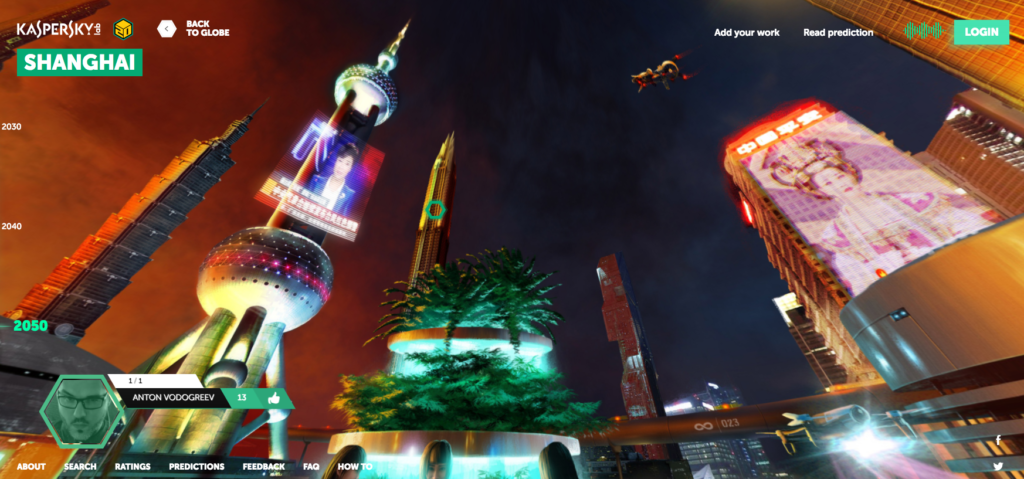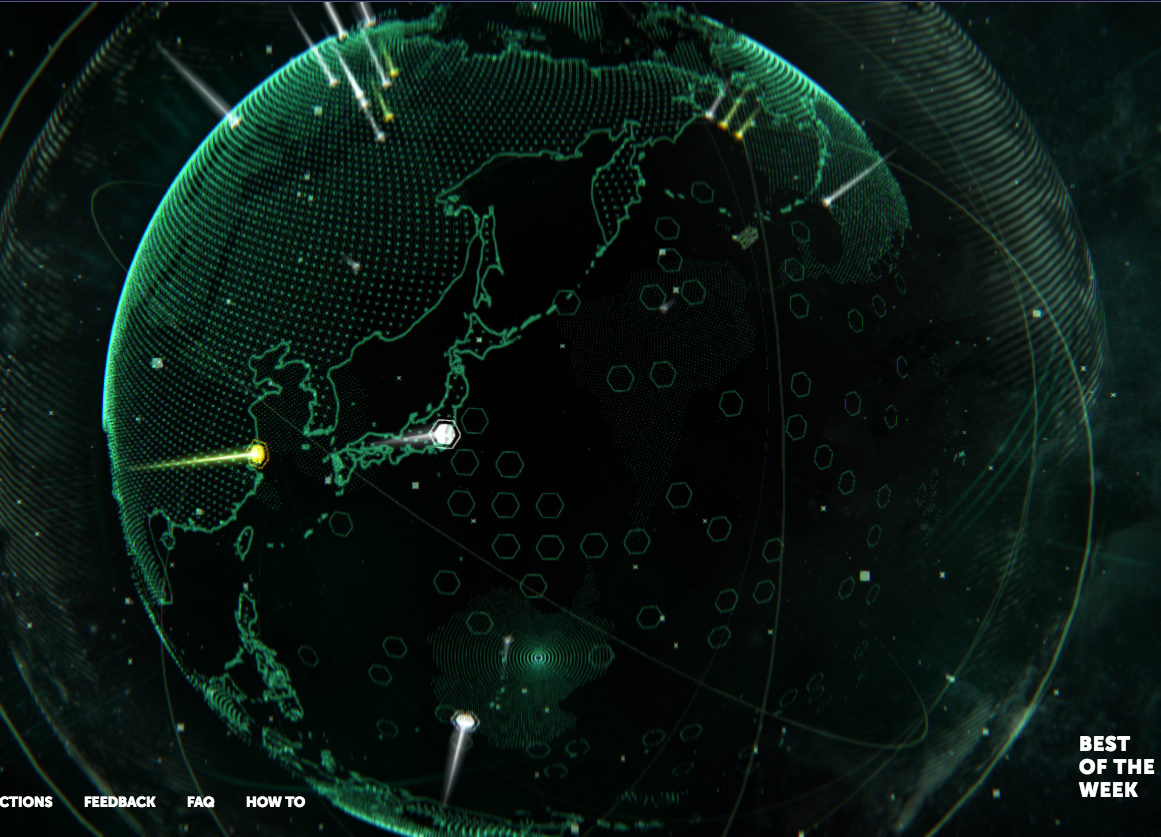To create Earth 2050, Kaspersky Lab has teamed with futurologists such as Ian Pearson, added the future visions of its own researchers and spoken to artists and scientists to develop a realistic view of the not-so-distant future.
Users can help shape their vision of the future by studying over 200 predictions online, and they are invited to submit their visions for inclusion on the Earth 2050 site.
The aim behind this is to understand what the world will look like in the not-too-distant future, so that people and businesses can better understand the challenges the future will bring.
For example, if all people’s lives are digitalised, how will they handle privacy? If people have all their devices implanted inside them and their data in the cloud, how will they protect that data? And importantly for Kaspersky Lab: if there are no endpoints anymore, will the industry move quicker towards providing security solutions which adapt to customer circumstances, regardless of which device they are using at any one time?
>See also: Why robots won’t take over the earth – or your job
“All of the forecasts you can find about Earth 2050 could become a reality in just a couple of decades. Earth 2050 is not only a creative exercise for us. For the last 20 years, Kaspersky Lab experts have been fighting with cybercrime, and they have seen threats evolving over this time. They are therefore able to share their knowledge and expertise and – in many cases – encourage users to take a more thorough look at the security of future technologies,” said Andrey Lavrentyev, head of technology research department at Kaspersky Lab.
“Although inventions might be amazing – such as like driverless cars, intelligent infrastructure and the ability to instantly share medical data between doctors across the world – they can still trip us up. Each of them brings a whole new world of opportunity for cyber criminals to exploit.”
At the moment Earth 2050 contains predictions for 80 cities around the globe. Users can select any of these cities and forecasts will appear at the top of the map.
The portal is divided into three time categories: 2030, 2040 and 2050, with each of these containing predictions from people who are recognised experts in their fields.
For example, users can explore the thoughts of Ian Pearson and different experts at Kaspersky Lab, about what the future holds.
The forum is not limited to written predictions. Earth 2050 also contains 12 VR-enabled panoramas of cities like Barcelona and Shanghai as well as illustrations of different artefacts from the future.

>See also: The future of connectivity and delivery
Users can take a 360º look at how future cities might be operating. Will we be able to adjust the appearance of every person we see in the street?
Will humans invent a dress that changes its style? Are driverless cars in smart cities the future of the taxi business? Will we see ads while we sleep? These questions are just a glimpse of what a user can find on the site.
Filling in a special feedback form allows visitors to add their own ideas to the portal. These will be published once they have passed through the editorial team’s review. Users can discuss existing predictions and also contribute by sharing their own.
New content from the experts, and forecasts compiled from different sources, will frequently appear on the site. “Still, we hope to see many more names on the portal and encourage our users and site visitors to send us their craziest ideas on what the future might look like,” Andrey Lavrentyev mentioned.










